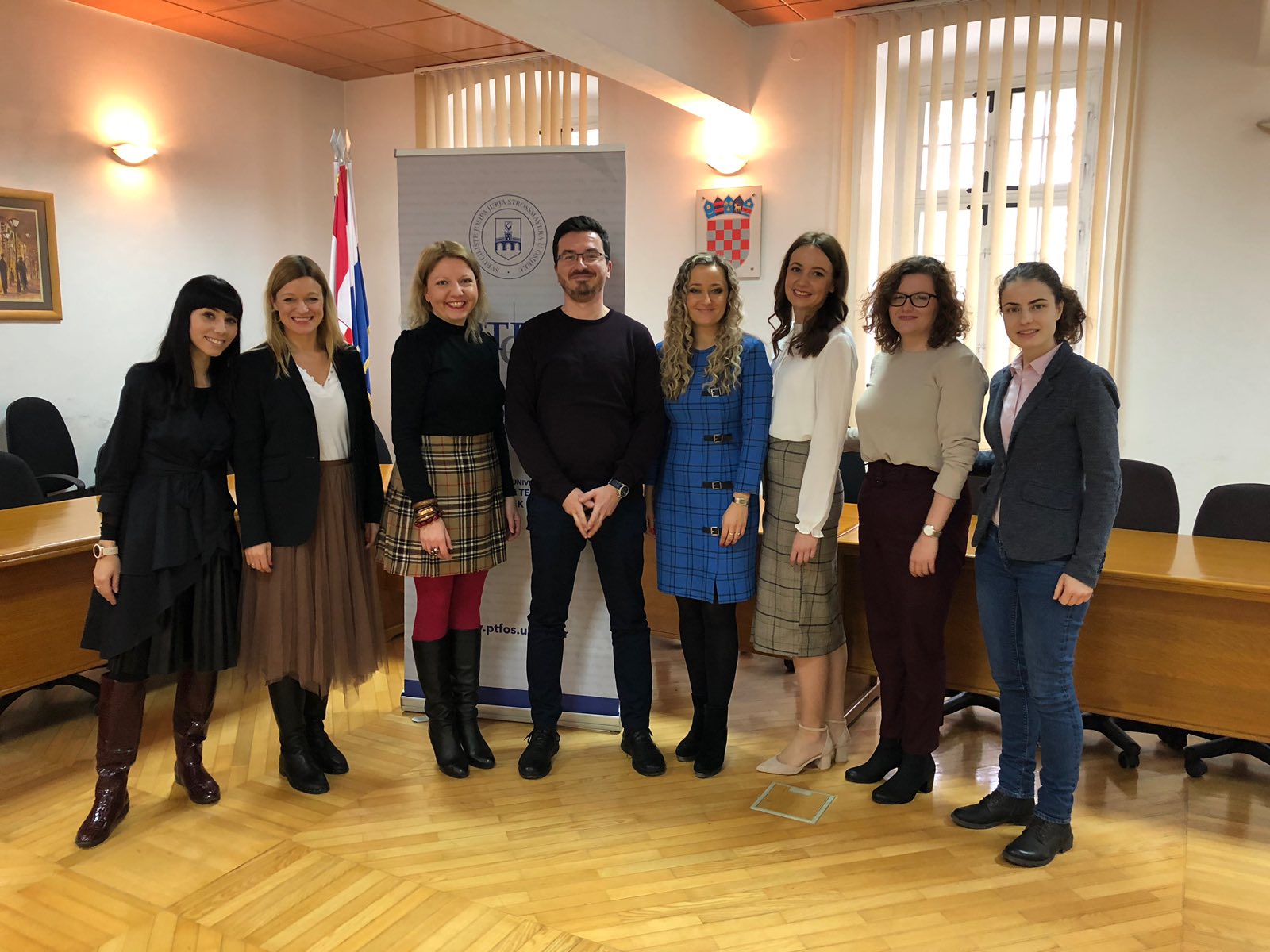Project
Application of innovative techniques of the extraction of bioactive components from by-products of plant origin
Application of innovative techniques of the extraction of bioactive components from by-products of plant origin
ByProExtract
January 1st 2018 to December 31st 2022.
Croatian Science Foundation
1.607.708,72 kn
PhD Stela Jokić, full professor

PhD Stela Jokić, full professor
Project leader
PhD Krunoslav Aladić, associate professor
PhD Ines Banjari, associate professor
PhD Senka Vidović, associate professor
Faculty of Technology, University of Novi Sad
Dipl. ing. Nika Pavlović, PhD Student
Faculty of Medicine Osijek
Jelena Vladić, PhD
Faculty of Technology, University of Novi Sad
Silvija Šafranko, PhD Student
Marija Banožić, PhD
01.01.2018. – 31.12.2022.
All industries aim to obtain a quality product and to utilise raw materials as efficiently as possible in the production process. During the processing of raw materials, a certain amount of by-products is produced, which does not necessarily have to be “waste”, but a by-product or high value raw material for development of new products.
Cocoa shells, tobacco waste, and citrus peels, are by-products produced in large quantities which are usually underutilized or considered as waste, in spite of the fact that they contain different classes of useful components. The aim of this project is to obtain extracts rich in bioactive components from selected by-products using six innovative green extraction techniques: supercritical fluid extraction (SFE), subcritical water extraction (SWE), microwave-assisted extraction (MAE), ultrasound-assisted extraction (UAE), cold atmospheric plasma assisted extraction (CAPAE), and extraction using deep eutectic solvents (DES). Determination and isolation of bioactive components from selected by-products will be performed using highly sophisticated chromatographic techniques. Due to great diversity of bioactive components from diverse material, optimal extraction conditions will be defined for each applied technique by using response surface methodology (RSM). Extracts with the highest biological potential will be dried by using spray drying technology in order to produce plant powders with potential commercial application.
The results of the research will contribute to solving the problem of large quantities of organic waste, which represents an enormous ecological and financial burden for all aspects of the process industry. Special emphasis in the project will be put on the possible commercial valorisation of the research results and on the transfer of those results to the application level, as well as on strengthening the relationship between the academic community and the industry, developing the economy, and creating a positive social impact.


